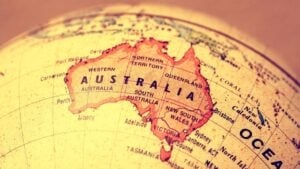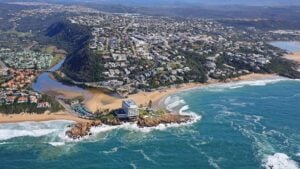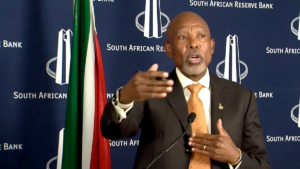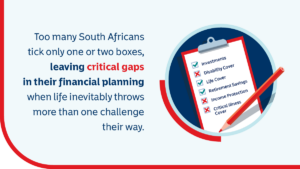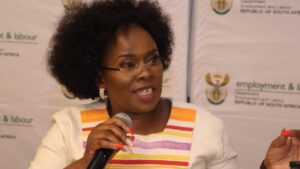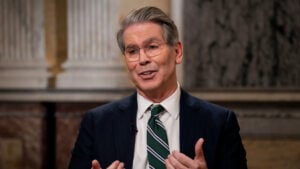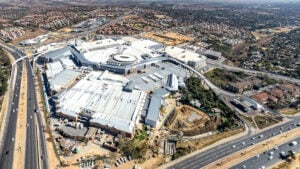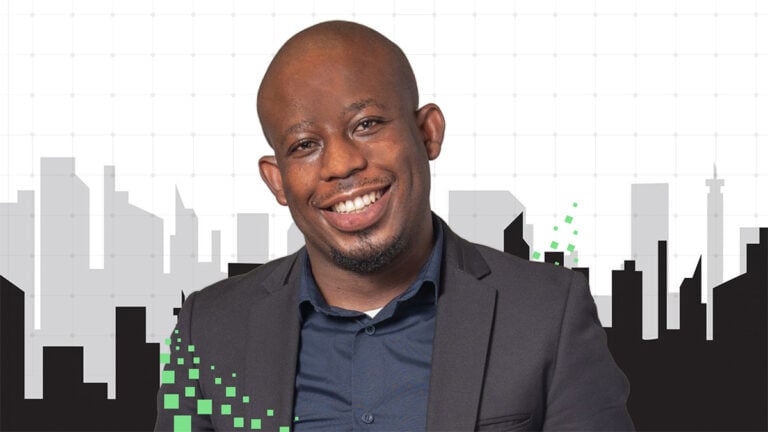Parliament wants to get ahead of Ramaphosa on SAPS corruption allegations

While President Cyril Ramaphosa has sanctioned an investigative commission to probe allegations made by Lieutenant General Nhlanhla Mkhwanazi, Parliament is also launching its own inquiries into the matter.
Ramaphosa announced this past weekend that acting Chief Justice Mbuyiseli Madlanga will chair the commission, and interim reports will be expected in three and six months.
However, Parliament’s Police Committee chairperson Ian Cameron said that other Parliamentary inquiries will be running in parallel, hoping for a speedier outcome.
On 9 June, the Speaker of Parliament, Thoko Didiza, mandated three Parliamentary committees to consider Lieutenant General Mkhwanazi’s allegations.
The allegations are far-reaching and point to widespread corruption within South Africa’s police force and other law enforcement authorities.
Cameron said a joint sitting of the Justice and Police committees will discuss the remedies available to Parliament on Wednesday (16 July).
He added that one of these is a joint parliamentary inquiry. However, remedies proposed by Parliament’s own legal services will also be considered.
Cameron said that many South Africans have been left hopeless and frustrated after lengthy inquiries and investigations into matters of state corruption and maladministration that have gone nowhere.
However, he noted that parliamentary inquiries have several advantages over a full judicial commission.
“The advantage of some kind of Parliamentary inquiry is that it is something that can happen a lot quicker than other inquiries, is transparent, and allows for public participation,” he said.
He explained that the committees will still determine the scope of the investigation; however, a significant part will be figuring out all the departments that are involved.
Some have expressed doubt that the judicial commission or other government processes will yield results.
In addition to delays, the South African Federation of Trade Unions (SAFTU) general secretary Zwelinzima Vavi warned that any recommendations made may not be implemented.
Vavi pointed to the government’s “dismal failure” to consider the recommendations of other commissions of inquiry, such as the Zondo, Nugent, and Farlam Commissions.
“What makes us South Africans wary of commissions is that they take an extraordinary amount of time,” Vavi said.
“When recommendations are eventually made, the state and NPA have not acted immediately to assure South Africans that the recommendations do matter.”
Ramaphosa seeming inconsistent
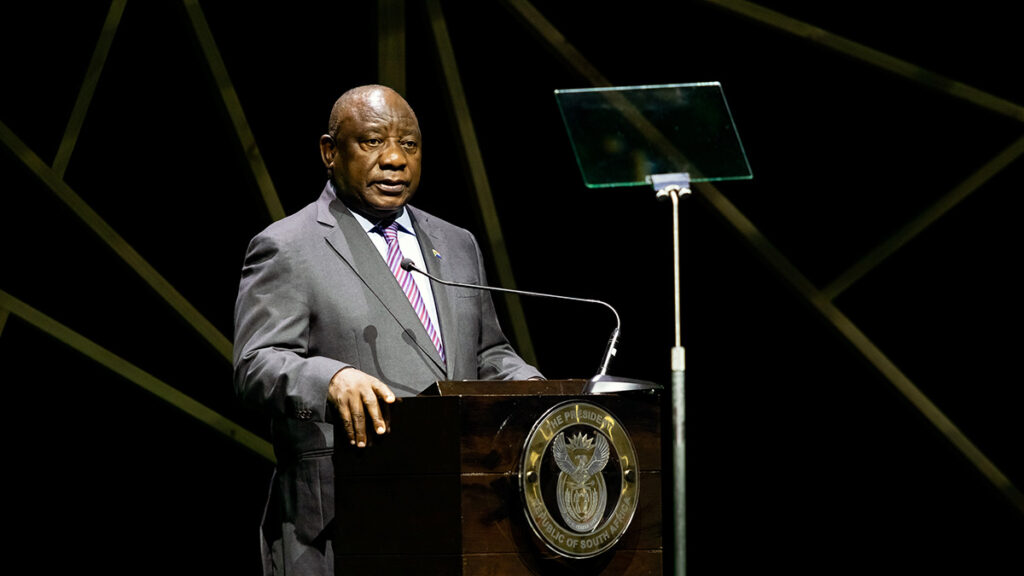
During his address to the nation on Sunday evening, Ramaphosa announced that he had put South Africa’s police minister, Senzo Mchunu, on leave.
This followed Mkhwanazi’s accusations levelled against Mchunu, which include that he issued a directive to disband the Political Killings Task Team to shield politically connected members of a criminal syndicate.
Mkhwanazi also alleged that Mchunu was connected to crime-accused Vusi “Cat” Matlala.
Mchunu rejected the allegations.
Vavi pointed out that Ramaphosa now faces the possibility of acting inconsistently in disciplining his cabinet should damning evidence be presented against Mchunu.
Mchunu is a close Ramaphosa ally and one of several ministers and deputy ministers accused of wrongdoing.
Minister of Tertiary Education Nobuhle Nkabane was recently alleged to have misled Parliament after she claimed an “independent” panel had overseen appointments to the Sector Education and Training Authority (SETA) boards.
Nkabane also named Advocate Terry Motau as the panel chair, something he has denied in writing.
As a result, the DA laid criminal charges against Nkabane “for lying to Parliament about ANC cadre appointments.”
Nkabane was supposed to join a South African delegation to China on Friday. However, TimesLive reports that Ramaphosa instructed her to cancel her trip, pending his address over the weekend.
Human Settlements Minister Thembi Simelane was also shuffled to the position under a cloud of alleged corruption in 2024. Political parties have called for action to be taken against them.
“If (Ramaphosa) only takes action against Mchunu, then he will be seen to be inconsistent, and we can only hope that he takes this into consideration,” Vavi said.

